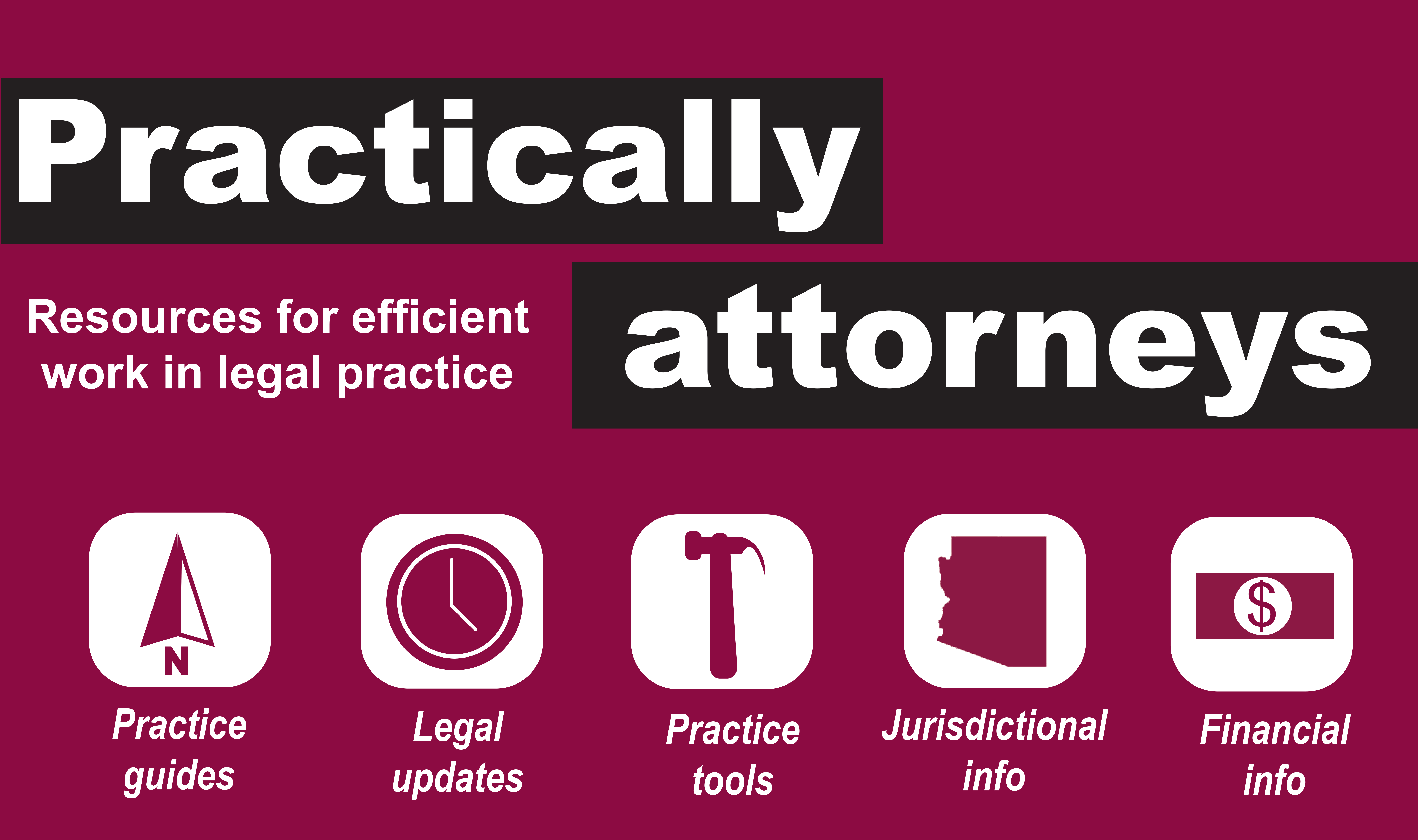In a recent C-SPAN interview, Justice Elena Kagan mentioned that she uses a Kindle to read briefs. Justice Antonin Scalia has stated that he uses an iPad for the same purpose. It’s not only Supreme Court justices who are using tablets, however; lawyers are also increasingly using e-readers and iPads in their legal practice. An Arizona Republic article from July profiles two Phoenix attorneys who are employing iPads to better communicate with clients, and discusses how attorneys are utilizing tablets during court appearances. Attorney Josh Barrett has even published a blog titled Tablet Legal, which discusses “use of Apple’s iPad by lawyers and in the legal profession.”
It seems that tablet use has really caught on in the legal community, and has the potential to influence the way members of the community work. How will this effect law schools and their students, however? Perhaps casebooks will be available in digital versions? Some publishers are already working towards this. Aspen Publishers currently offers its CrunchTime series and Casenote Legal Briefs as eBooks. West Publishing also allows West publications available via WestlawNext to be delivered to the Kindle. The American Bar Association has also embraced the digital revolution and released a free iPad application for the ABA Journal.
We will see what the future holds for the role of tablets in legal practice, and in schools preparing future legal practitioners. How has a tablet been useful, if at all, to you as a student? Or perhaps you have utilized one in an externship or summer job? Would you like having casebooks and supplements available to you digitally?


